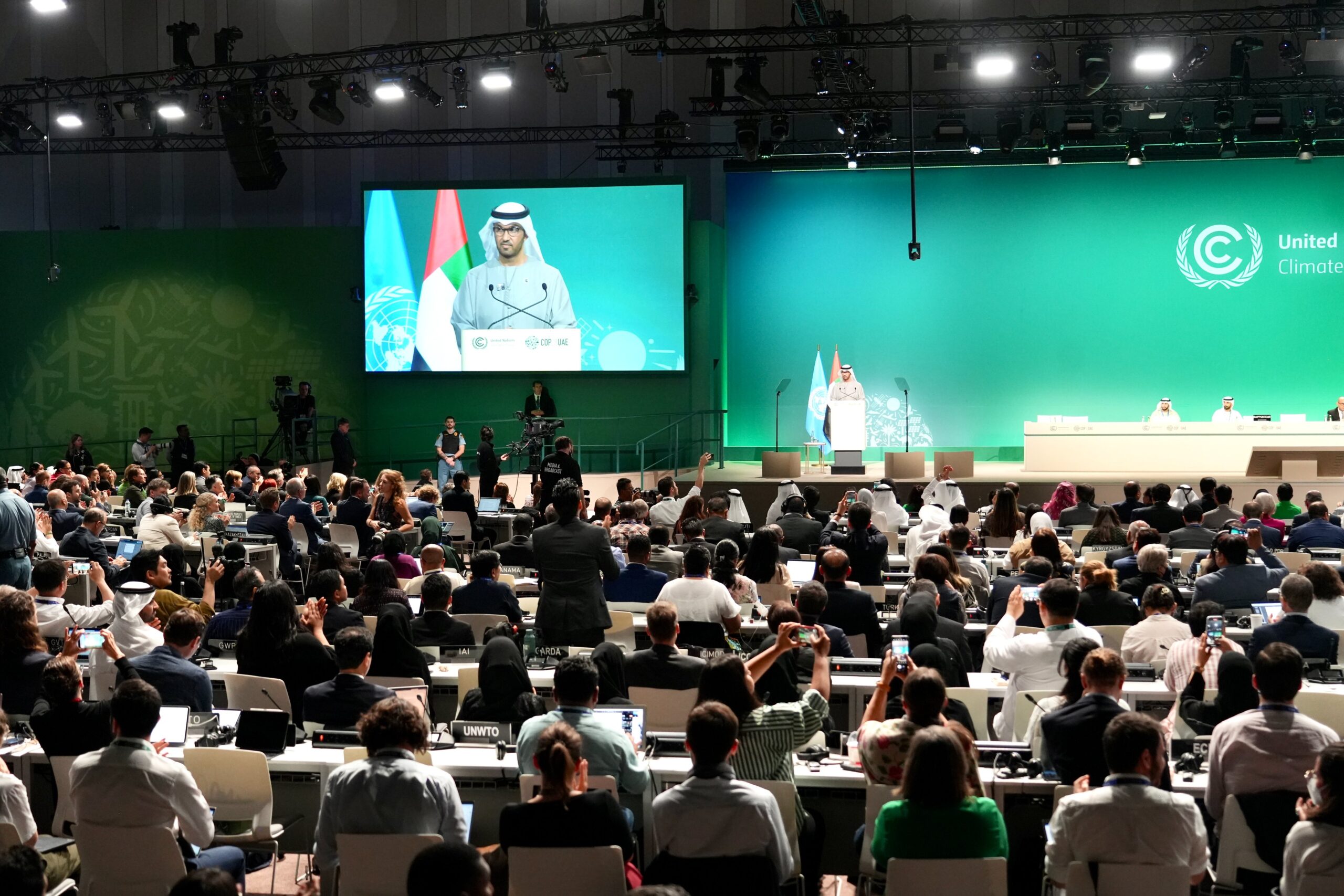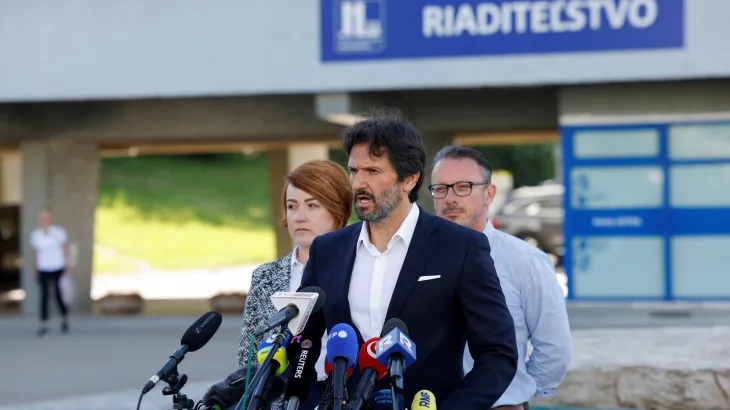Historic Agreement Reached at COP28: Global Push to Transition Away from Fossil Fuels
Delegates at the United Nations COP28 climate talks in Dubai have achieved a groundbreaking deal, marking a historic moment as nations commit to transitioning away from fossil fuels to combat the adverse effects of climate change.
The agreement, adopted on Wednesday, signifies a pivotal shift in how the world is powered, although concerns linger regarding potential loopholes in the compromise. The directive calls for an orderly and equitable transition, targeting net-zero greenhouse gas emissions by 2050, representing a significant step towards reshaping global energy systems.

Reactions to the deal were mixed, with U.S. special climate envoy John Kerry expressing admiration for the collaborative spirit that brought nations together. However, some small island nations expressed confusion and voiced concerns about the incremental progress achieved. The COP28 agreement includes commitments to triple the world’s renewable energy within seven years, emphasizing the urgency of adopting alternatives to fossil fuels.
“We didn’t want to interrupt the standing ovation when we came into the room, but we are a little confused about what happened. It seems that you just get on with the decisions and the small island developing states were not in the room.” Samoa’s lead delegate Anne Rasmussen.
Despite the positive strides, critics argue that the deal still contains loopholes, allowing certain countries to continue expanding fossil fuel use. The absence of a clear “phase-out” disappointed over 100 nations.
The deal underscores the need for a transition in line with climate science, projecting a global peak in carbon pollution by 2025. COP28 President Sultan al-Jaber, also CEO of the UAE’s oil company, presented the historic package, aiming to keep the goal of limiting global temperatures to 1.5C above pre-industrial levels within reach.

While hailed as a crucial step, the deal falls short of a complete phase-out of fossil fuels, leaving room for continued debate over its effectiveness. The global community now anticipates the implementation of outlined measures to address the urgent challenges posed by climate change, as the world stands at the cusp of a transformative shift in its energy landscape.








